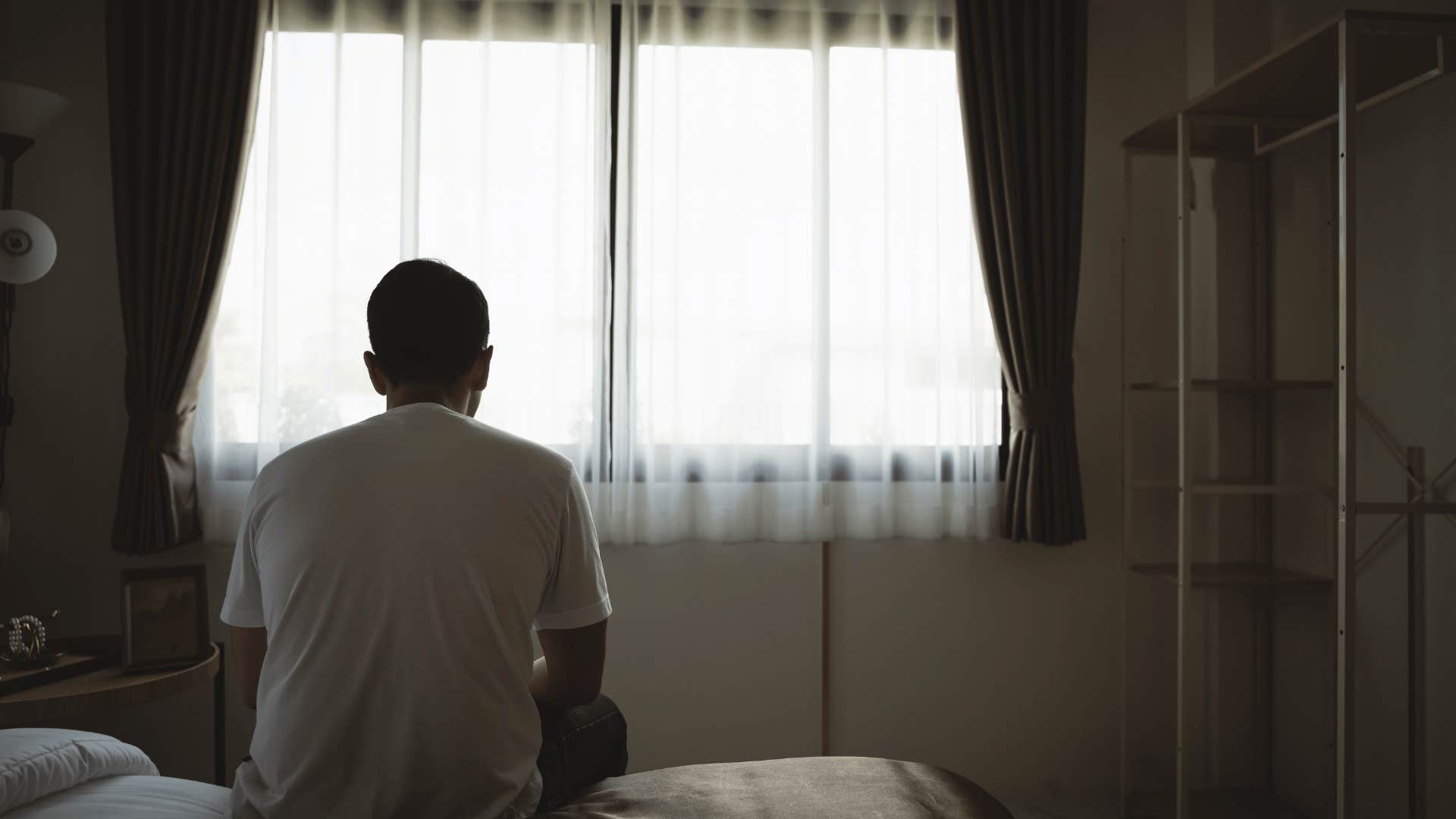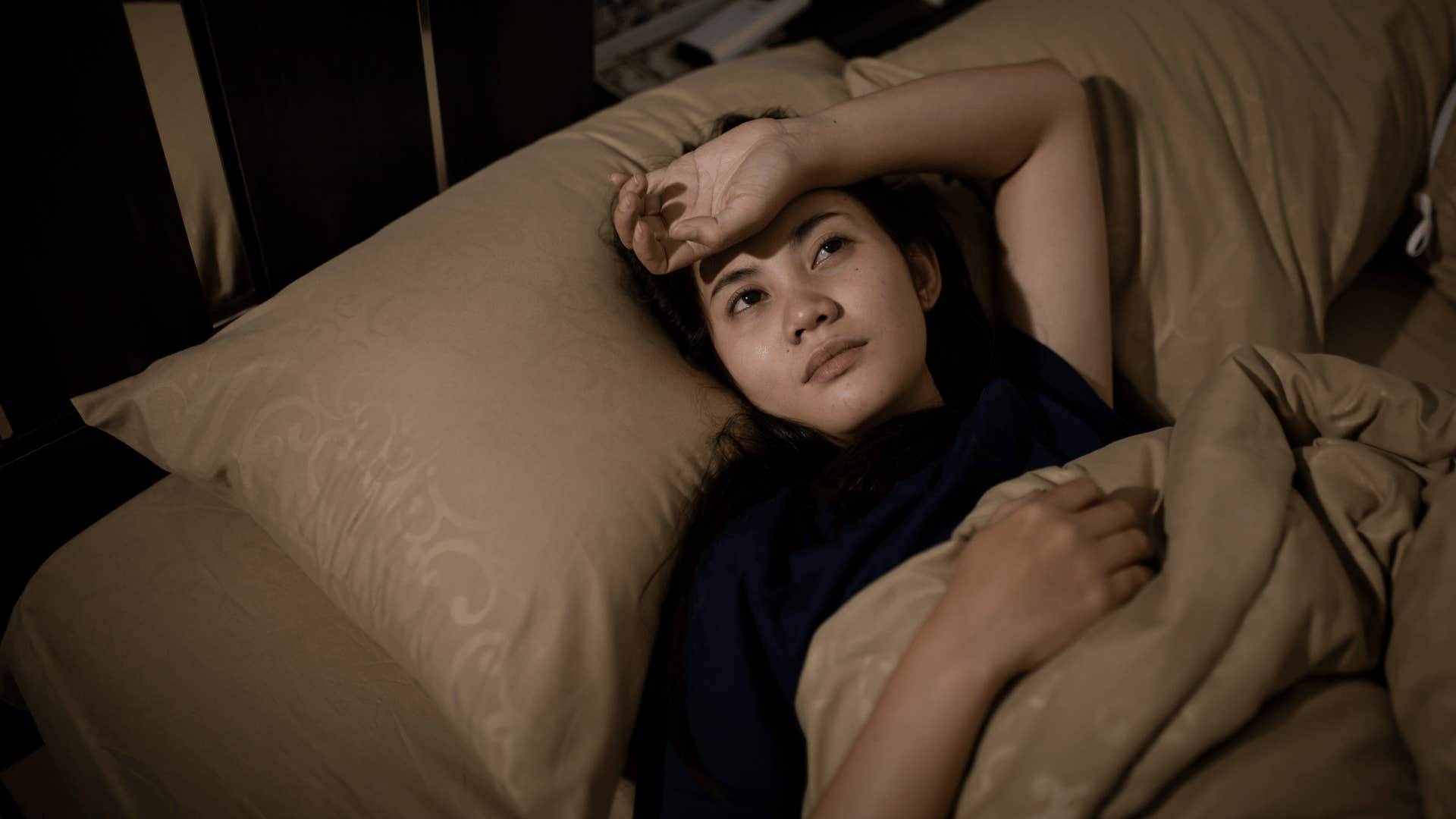7 Odd Ways Being Left-Handed Negatively Impacts Your Health, According To Research
The world is not kind to you if you're left-handed.
 golubovy | Canva
golubovy | Canva Aristotle. Leonardo da Vinci. Oprah. Paul McCartney. Justin Bieber. All of them were or are left-handed, as were five recent U.S. Presidents, including Bill Clinton and Barack Obama.
Anecdotally, at least, being a southpaw is said to be a sign of genius — and scientists have attempted to back this up with evidence. Considering that lefties make up just 10% of the general population (the stats jump for twins, 21% of whom are lefties or ambidextrous), it would seem that they have a distinct upper hand.
But here's the rub. Studies have also linked left-handedness to a litany of health problems, from mental illness to multiple sclerosis. It also appears that lefties are more apt to earn lower salaries and work more menial jobs, according to research from Harvard Public Policy professor Joshua Goodman, Ph.D.
"The studies that are well done are fairly uniform in their conclusions that left-handedness is associated with more negative outcomes," says Goodman. Still, he stresses: "These differences are quite small, so if my child were left-handed I would not worry."
And yet, as the abundance of studies indicates, doctors searching for a diagnosis may find it helpful to use handedness as a biomarker—a clue to their patient's likeliest ailments. In some cases, such associations — however remote — could prove significant. Here, we reveal all the possible connections between being left-handed and your health.
Here are the odd ways being left-handed negatively impacts your health:
1. Left-handed people are more likely to have psychotic disorders
 WPixz / Shutterstock
WPixz / Shutterstock
Among patients with psychiatric illness, those with psychotic disorders like schizophrenia are more likely to be left-handed than those with other types of mental illness, such as depression or mood disorders.
In one Yale study, researchers found that a staggering 40% of patients with schizophrenia or schizoaffective disorder were left-handed.
Of course, being left-handed does not doom you to psychosis. But if you or a loved one is suffering from related symptoms, letting the mental healthcare provider know might just help play a role in achieving an accurate diagnosis.
2. Left-handed women have an increased risk of breast cancer
 PintoArt / Shutterstock
PintoArt / Shutterstock
In a 2007 UK study, scientists found that left-handed post-menopausal women had a higher risk of breast cancer than their right-handed counterparts.
If you're left-handed and have a history of breast cancer in your family, speak to your doctor about screening options.
3. Left-handed people have a higher predisposition to digestive disorders
 Perfect Wave / Shutterstock
Perfect Wave / Shutterstock
A different British study from 2001 found that lefties have a significantly higher predisposition toward autoimmune and inflammatory bowel diseases such as Crohn's disease and ulcerative colitis. In fact, 21% of those with IBD were found to be left-handed.
4. Left-handed women have an increased risk of multiple sclerosis
 Perfect Wave / Shutterstock
Perfect Wave / Shutterstock
Another known link is specific to left-handed women: According to a Harvard study, "a 62% increased risk of multiple sclerosis was observed among women who were naturally left-handed as compared to those who were naturally right-handed."
5. Left-handed people are more likely to suffer from sleeping disorders
 Feelimage / Shutterstock
Feelimage / Shutterstock
Lefties may be likelier to suffer from nighttime awakenings caused by periodic limb movement disorder — a serious sleep disruptor. In a 2011 University of Toledo study of sleep-clinic patients, researchers found that 94% of lefties experienced limb movements on both sides of their bodies while asleep — as compared to 69% of right-handed PLMD sufferers.
6. Left-handed children are more likely to develop learning disabilities
 Prostock-studio / Shutterstock
Prostock-studio / Shutterstock
While, thankfully, educators no longer force students to "switch hands" when learning to write, our educational system may still be stacked against ambidextrous and left-handed kids. The reason? They process language differently than righties.
As a result, "mixed-handed children have a greater likelihood of having language, scholastic, and mental health problems in childhood [that] persist into adolescence," according to a study published in the American Academy of Pediatrics.
Researchers also found that ambidextrous children had increased odds of ADHD symptoms.
7. Left-handed people earn less money than right-handed people
 Gorodenkoff / Shutterstock
Gorodenkoff / Shutterstock
In his aforementioned 2014 Harvard study, Dr. Joshua Goodman found that "lefties have 10 to 12% lower annual earnings than righties, much of which can be explained by observable differences in cognitive skills and behavioral problems."
Alarming as this sounds, it's not a reason to panic. "When people ask me for the takeaway message, I tell them that it makes me pay a little extra attention to my kids as they develop their handedness," says Goodman. "And if they turn out to be left-handed, I won't worry, but I will keep an eye out for some of the other things" that have been associated with left-handedness (such as learning disabilities and ADHD).
Suzanne Zuckerman is a writer, editor, and content creator. She has worked as a Senior Entertainment Editor, Senior Writer, and Contributing Editor for brands including People, InStyle, SELF, The New York Post, and PureWow.

